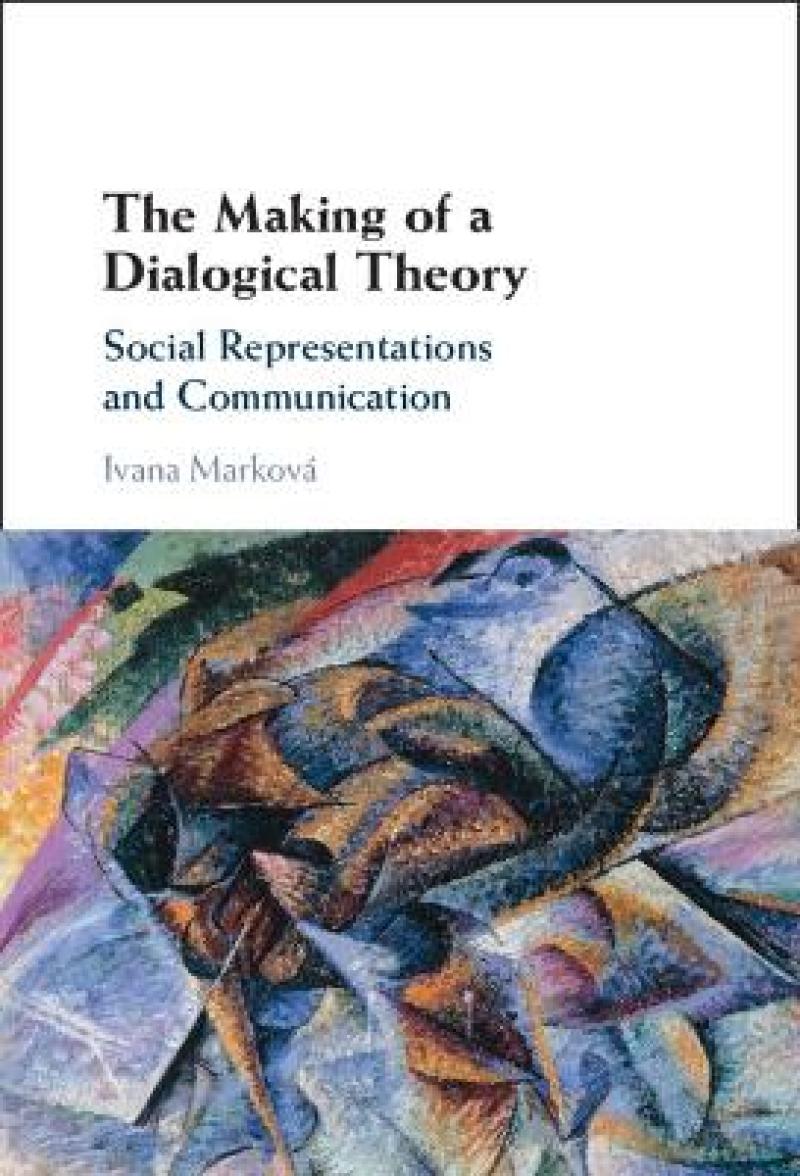Creating a stimulating social theory with long-lasting influence for generations of scholars is driven by multiple interacting factors. The fortune of a theory is determined not only by the author's creative mind but also by the ways in which principal concepts are understood and interpreted. The proper understanding of a social theory requires a good grasp of major historical, political, and cultural challenges that contribute to its making. Considering these issues, Marková explores Serge Moscovici's theory of social representations and communication as a case study in the making of a dialogical social theory. She analyses both the undeveloped features and the forward-moving, inspirational highlights of the theory and presents them as a resource for linking issues and problems from diverse domains and disciplines. This dialogical approach has the potential to advance the dyad Self–Other as an irreducible intellectual, ethical, and aesthetic unit in epistemologies of the human and social sciences.
Les mer
Part I: 1. Socio-political Sources of the Theory of Social Representations; 2. A Political Refugee in Paris; 3. The 'Age of Intellectual Innocence' in Psychoanalysis 1961; 4. The Durkheimian in Psychoanalysis 1976; 5. The 'Great Smoky Dragon'; 6. Pseudo-dialogues and Building Bridges; Part II: 7. Social Representations and Common Sense; 8. Meanings and Knowledge as Semiotic Processes; 9. They 'Made Flowers Grow Where It Seemed Impossible'; 10. Social Representations as Unique Phenomena: Dynamics and Complexity; 11. Social Theories as Dialogues; Afterword; References; Index.
Les mer
An exploration of the theory of social representations and communications as a case in the making of a dialogical theory.
Produktdetaljer
ISBN
9781009294997
Publisert
2023-07-06
Utgiver
Vendor
Cambridge University Press
Vekt
600 gr
Høyde
235 mm
Bredde
158 mm
Dybde
23 mm
Aldersnivå
G, 01
Språk
Product language
Engelsk
Format
Product format
Innbundet
Antall sider
280
Forfatter
